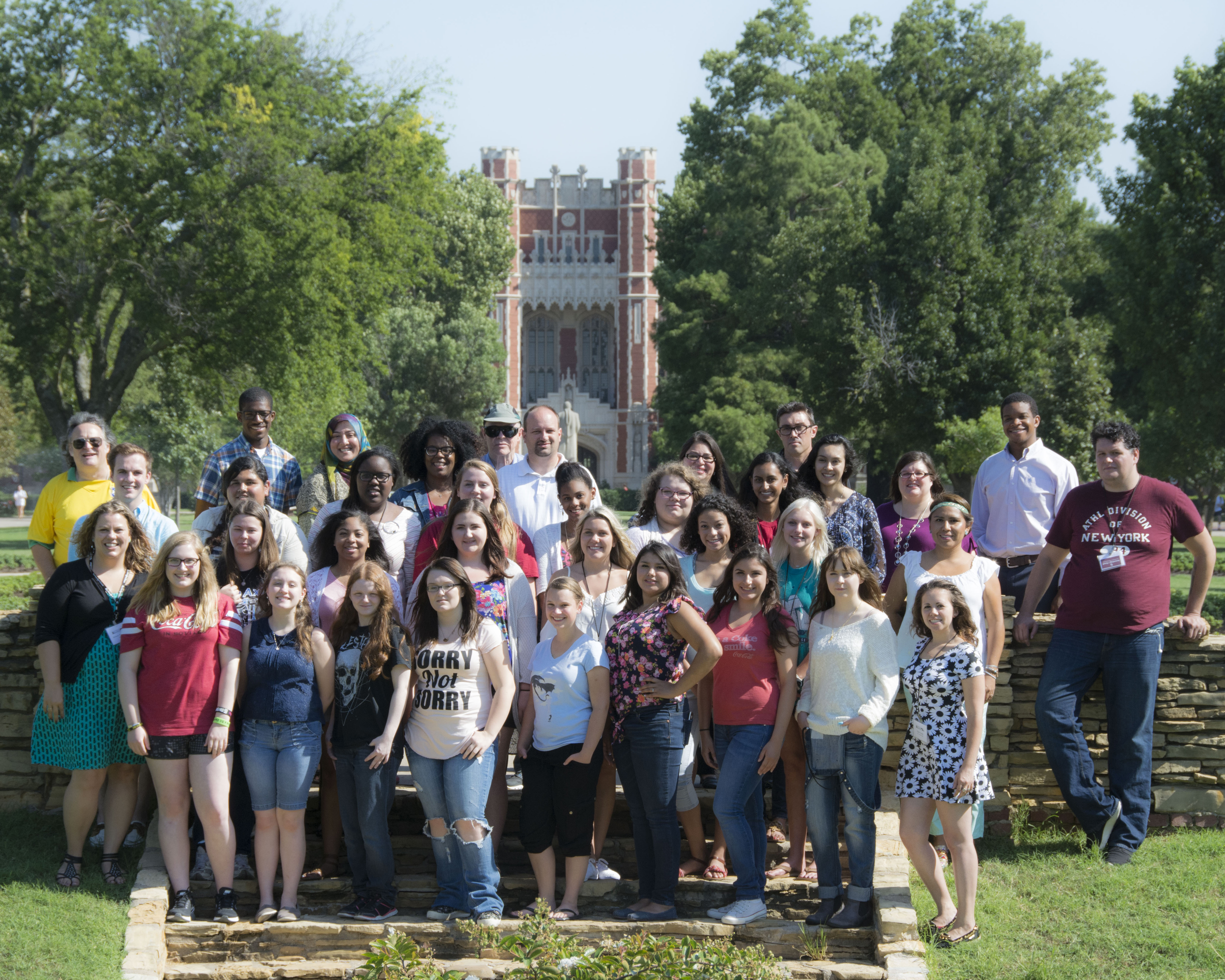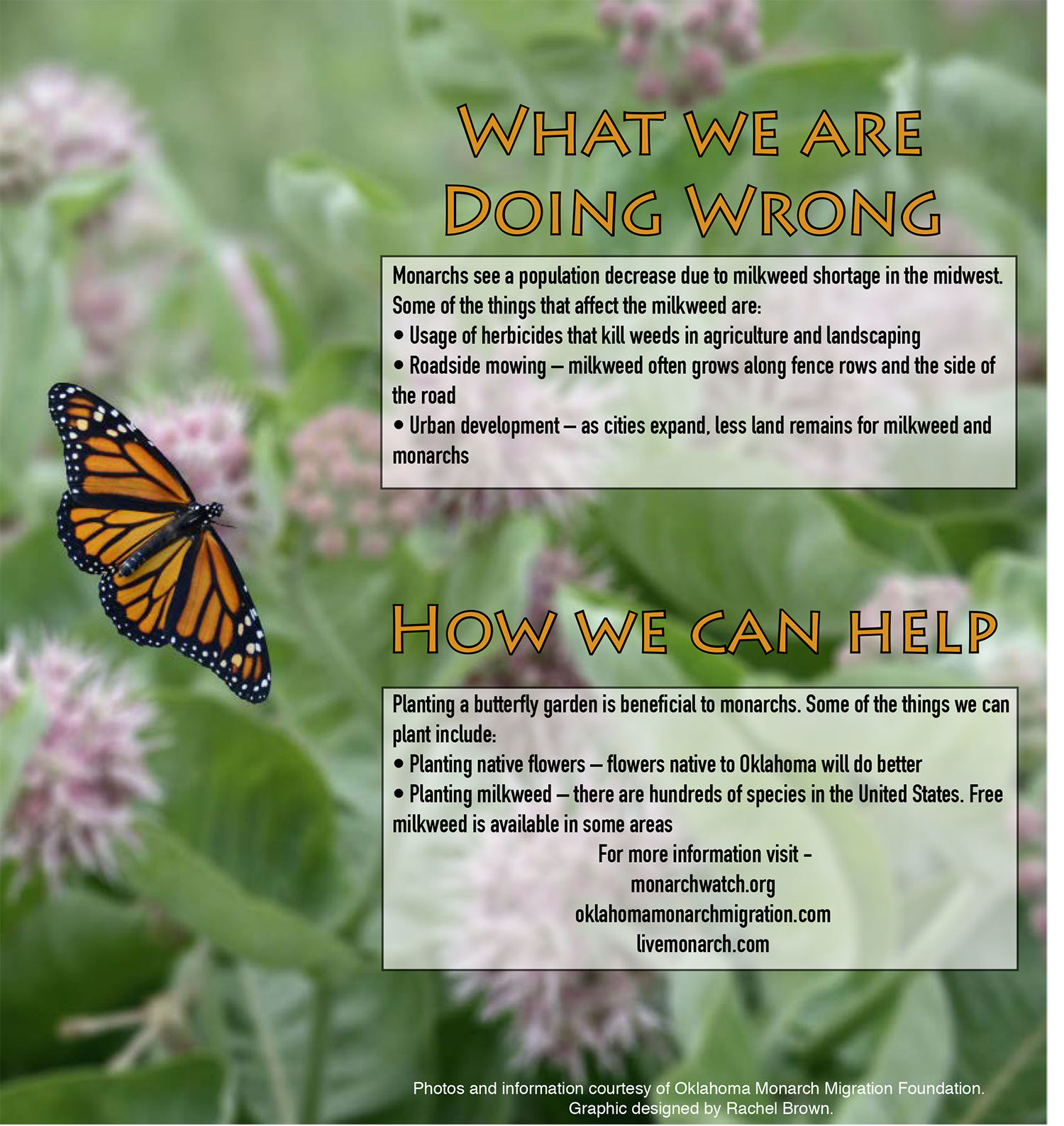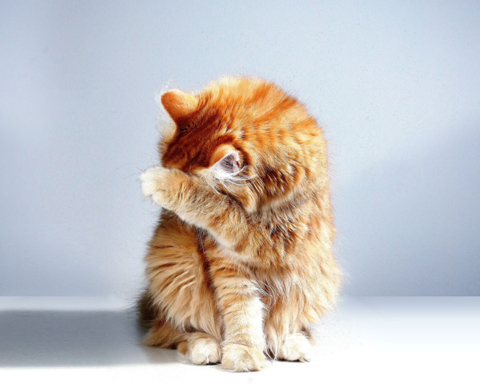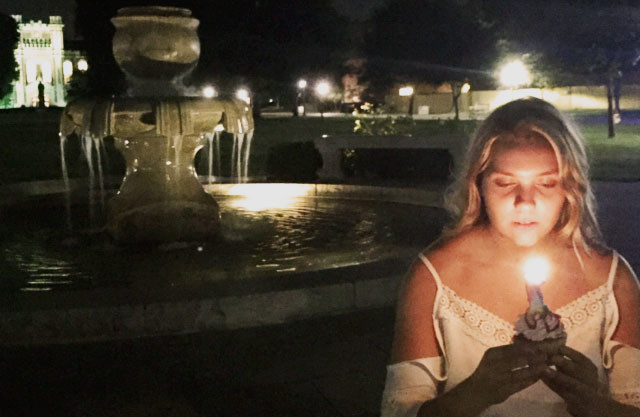An unlikeable protagonist is an instant story killer. In the increasingly popular world of young adult and new adult fiction novels, there are a couple character traits that can turn the heroine we’re supposed to love into someone we love to hate — in a way that the author never intended.
The first trait, codependence, is probably the most common of the two. More and more these days, we see characters such as the ever-unpopular Bella Swan from the “Twilight” saga. She spends the entire series repetitively stating how much she loves Edward and doesn’t ever want to be without him. She goes so far as to fall into a serious state of depression, and nearly gets herself killed several times, when he breaks up with her. She even said, “My own life meant little to me today.”
That’s not a healthy way of thinking, and it’s certainly not a frame of mind I want my protagonist to be in. Heroines such as this need to take a step back from the relationship and think about talking to a counselor because, honestly, they need help — not a boyfriend.
The other trait that is seen so often in this genre that it’s not even funny anymore is what the heroine often likes to refer to as “independence.” No, it is not independence, it’s a reckless sense of teenage invincibility and a horrifyingly cliché you-can’t-tell-me-what-to-do mentality. These are the kind of girls that we angrily scream at for checking out the mysterious sound or going to hide in the basement during horror movies. Pick a favorite, but whichever one it is, she would be dead by the fifth chapter if the storyline didn’t depend on her somehow surviving. They just have no common sense, and it’s nothing short of infuriating.
In contrast to those two awful character types, we have heroines such as Blue Echohawk from “A Different Blue” by Amy Harmon. This girl is one of my favorite kinds of characters. She definitely loves her male counterpart, Wilson, but her world doesn’t revolve around him by any means. She has her own interests and unique talents, such as her woodcarvings, which allow her to have a life outside of her love interest.
Another admirable quality she has is character growth. Life deals her blow after blow, and for a while she is in that infamous rebel-without-a-cause stage. She eventually realizes she can’t do everything by herself, and starts accepting help when it is needed. She matures and grows as a person and, by the end of the book, is a character whose story I was glad to read.
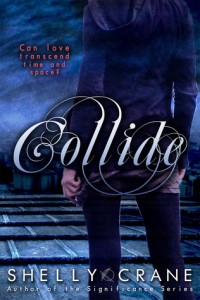 Sherry Patterson from Shelly Crane’s “Collide” series is another protagonist worthy of praise. She is the sweetest character I’ve ever had the pleasure of reading about, but she also has a backbone. Nearly every person she comes into contact with immediately loves her, and with good reason. Sherry does everything in her power to make her loved ones happy. She is a mother-hen type, always taking care of everyone that she considers family, which oftentimes includes having to take charge of a sticky situation between family members and set people straight.
Sherry Patterson from Shelly Crane’s “Collide” series is another protagonist worthy of praise. She is the sweetest character I’ve ever had the pleasure of reading about, but she also has a backbone. Nearly every person she comes into contact with immediately loves her, and with good reason. Sherry does everything in her power to make her loved ones happy. She is a mother-hen type, always taking care of everyone that she considers family, which oftentimes includes having to take charge of a sticky situation between family members and set people straight.
Sherry also is smart. She knows that unless she doesn’t have any other possible choice, staying out of the battles is the best move. She doesn’t just run thoughtlessly into the middle of everything whenever a fight breaks out because she knows she likely will be more of a hindrance than a help. What she does is help those who have to stay back, as well keep calm and rush to help anyone who was injured during the fight after it’s over. She knows how to keep a cool head.
When attempting to create a heroine, there are a many pitfalls that are easy to fall into, and those are the things that can make or break the character. They have to be able to straddle the line on a lot of things. For example, being in love versus being a doormat, and being independent versus just being stupid. It’s OK for the main character to not be perfect, it’s even a good thing, but they have to still be realistic and likeable. Balance is always key in character building, just as it is in any other aspect of life.

